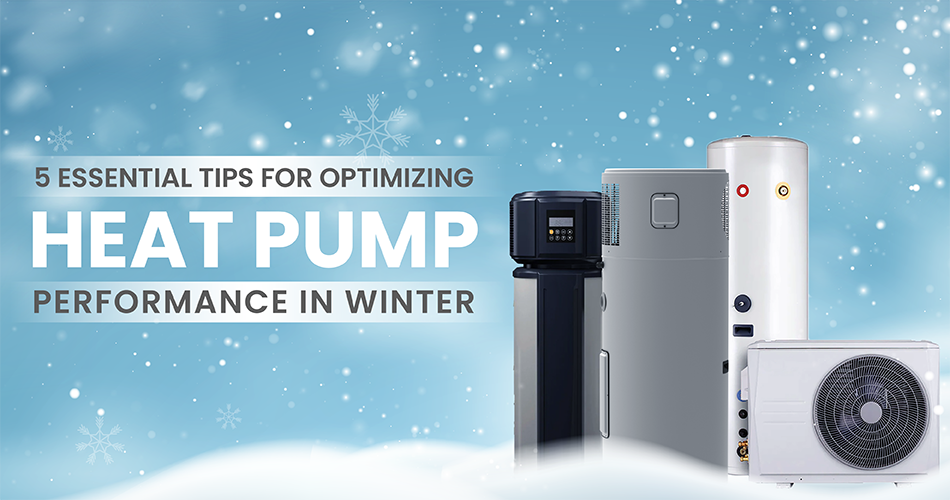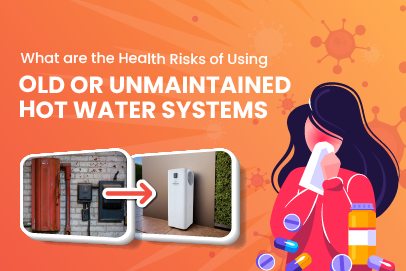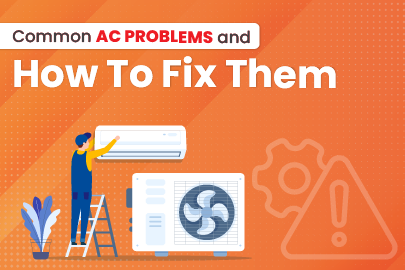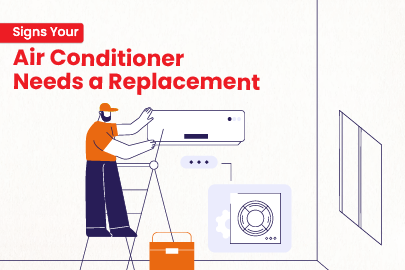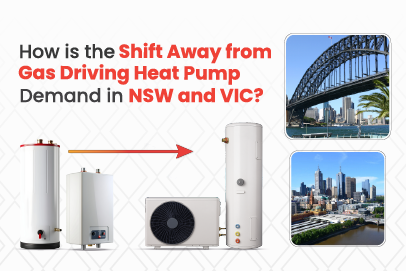As the chilly winter season looms in Australia, many households and businesses rely on efficient heating systems to keep warm. One of the most energy-efficient and cost-effective solutions is a heat pump.
Regular Maintenance is Essential
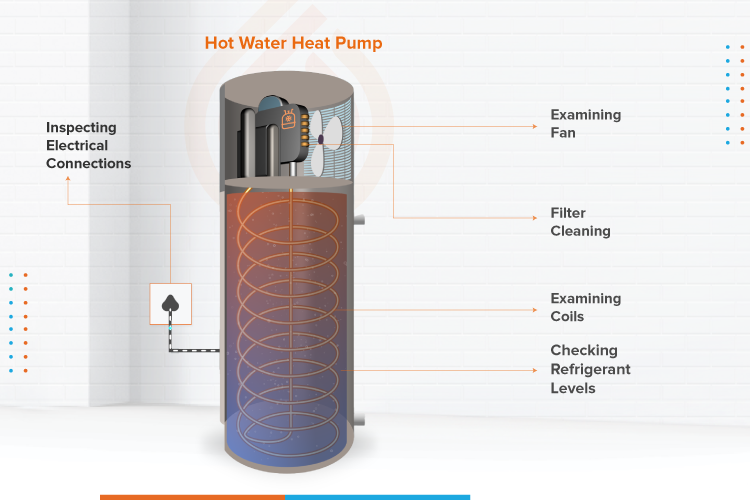
Regular maintenance is pivotal for maintaining a robust heat pump system throughout winter. Ignoring regular upkeep can lead to system inefficiencies and, ultimately, complete failure. Hence, an annual inspection from a trusted heat pump installation service like HiTech Hot Water is crucial.
Consider a Hot Water Heat Pump Installation
Opting for a hot water heat pump installation can transform your home heating this winter. These systems offer superior energy efficiency, utilizing outdoor air heat to warm your water, which can be up to three times more efficient than traditional heaters, leading to substantial energy savings.
Use Correct Temperature Settings
When winter brings in the cold, it's a common instinct to crank up the thermostat to counteract the chill. However, this approach may not be the most efficient for running a heat pump. So, what should the heat pump setting be in winter? The answer lies in understanding the most effective way to control your heat pump's temperature settings.
Using the "auto" or "programmable" feature on your thermostat can also contribute to better efficiency. If your daily routine is predictable, programming your heat pump to lower the temperature when you're not home or when you're sleeping can result in substantial energy savings without sacrificing comfort.
Ensure Proper Insulation
The power of proper insulation in your home can't be underestimated when it comes to maintaining a comfortable indoor temperature. No matter how efficient your heat pump is, if your home is poorly insulated, you'll experience significant heat loss, which in turn puts unnecessary strain on your heat pump and results in higher energy costs.
Install a Backup Heat Source for Extreme Conditions
A common question many people have is: "How cold is too cold for a heat pump to work?" While a heat pump works efficiently in cold weather, in extremely low temperatures (below 0 degrees), the efficiency of most heat pumps can decrease.
Installing a backup heat source provides peace of mind and ensures that no matter how cold it gets outside, you'll remain warm and comfortable inside. Does a heat pump struggle in winter? Not if you're prepared.
FAQs
1. Are heat pumps really 300% efficient?
Yes, heat pumps can indeed reach efficiencies of up to 300% or more. This is because heat pumps don't generate heat; they move existing heat from one place to another. A heat pump with 300% efficiency essentially produces three times the amount of heat energy as the electrical energy it consumes.
2. How can a heat pump be 200% efficient?
Much like the above, a heat pump can be 200% efficient because it transfers heat rather than generating it. When a heat pump is 200% efficient, it produces twice the amount of heat energy as the electrical energy it uses.
3. Are heat pumps more efficient now than 20 years ago?
Absolutely. Advancements in technology over the past two decades have made heat pumps more efficient and effective. Today's models are more energy-efficient, quieter, and capable of providing reliable service for longer than their counterparts from 20 years ago.
4. How are Heat Pumps Over 100% Efficient?
The efficiency of a heat pump is measured by its Coefficient of Performance (COP), which is the ratio of heat output to energy input. As heat pumps transfer heat rather than generate it, they can move more energy than they consume.
5. What is the heat pump efficiency?
The efficiency of a heat pump is commonly expressed as the Coefficient of Performance (COP). The COP is the ratio of heating or cooling provided by the heat pump to the energy consumed by the system. A higher COP indicates a more efficient system.
Don't delay in getting your heat pump winter-ready. Reach out to HiTech Hot Water today for a comprehensive inspection and maintenance service. Our professionals will optimize your system for efficiency and comfort throughout the cold months. Visit https://www.hitechhotwater.com.au/ or call us today. Enhance your winter experience with HiTech Hot Water.

